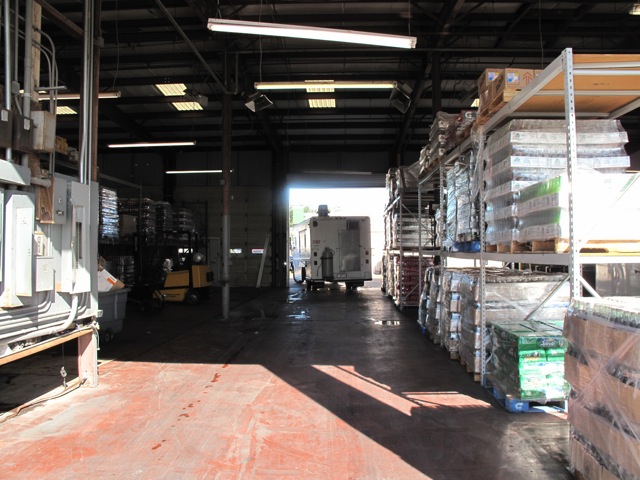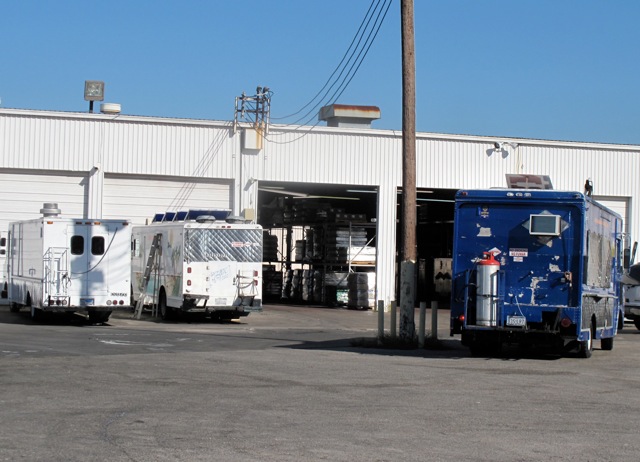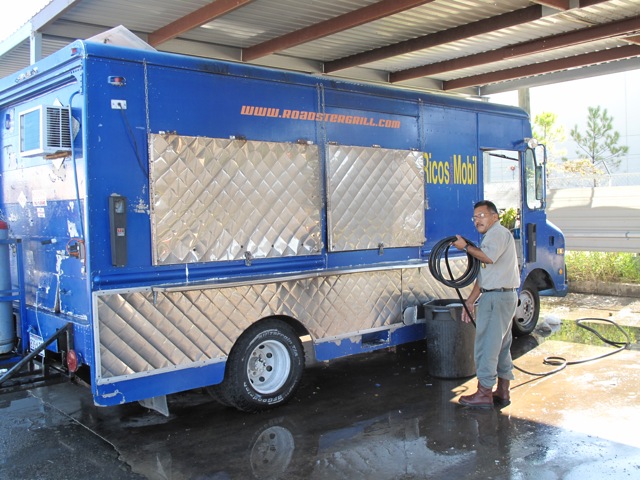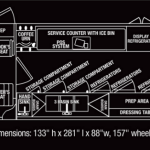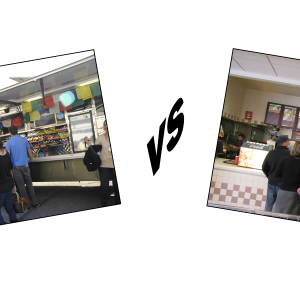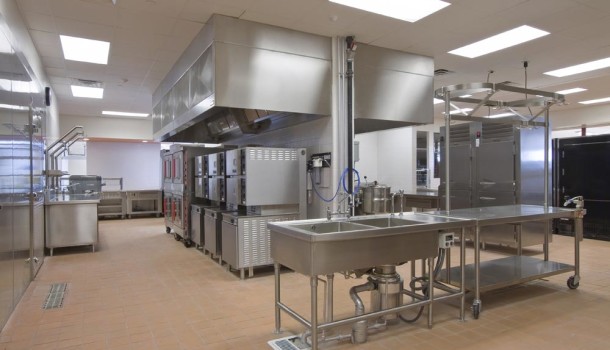
The answer to this question would be determined by your local laws. Though most municipalities do require a food truck to source and prepare all ingredients, as well as park and dispose waste in a state licensed commissary. “But I thought my food truck was a self-contained unit on its’ own?” To better understand and appreciate the need of a commissary for your food truck, let us discuss its purpose.
Since food trucks are always on the go and would be hard to monitor, health officials would need a central hub that would ensure that health and safety standards are met and complied with. All supplies will be coming from approved sources, sanitation procedures checked, equipment inspected, maintenance procedures regularly conducted, and disposal methods will be done properly.
How about my supplies? Everything you need should be available at your commissary, from raw produce to ready to eat stuff like sandwiches and baked goods. If not, you could easily request it. This system makes it easier to identify, control, and contain any possible food borne contamination. All prep work prior to operations will be done in the commissary’s kitchen, as well. This will provide users a clean and safe area complete with the equipment and space suitable for a large scale commercial production.
So does this mean that I have to store my truck there? Yes. This assures that you are plugged in overnight to maintain your refrigeration system and that you would have enough charge on your batteries to get on the road again tomorrow. This also makes sure that your food truck is properly parked and is not a traffic obstruction. Parking would also be on a hard, non-absorbent surface and in an open space in case of any fluid or gas leaks.
How about cleaning and waste disposal? All commissaries should have wash bays equipped with pressure washers for cleaning out trucks and kitchen equipment. This run-off water from washing and the grey water from the truck’s tanks should be drained and treated with sand traps, grease traps, and pH regulating chemicals before it is released into the sewerage system. Solid waste and grease must also be disposed of accordingly.
Some commissaries also provide mechanical and pest control services. Since mechanical maintenance is very crucial to the day to day operations of a food truck. There are even some commissaries that provide all the support a mobile food vending business would need. Which may even include admin support, accounting and auditing, licensing and permitting, mailbox, towing, and graphic design services.
Commissaries provide a convenient hub for food truck needs while addressing and making sure that all standards are met in order to better serve all the hungry mouths in your area.
Sources
http://www.foodtrucksafety411.com/p/what-is-commissary.html http://blogs.houstonpress.com/eating/2009/10/southwest_commissary.php



